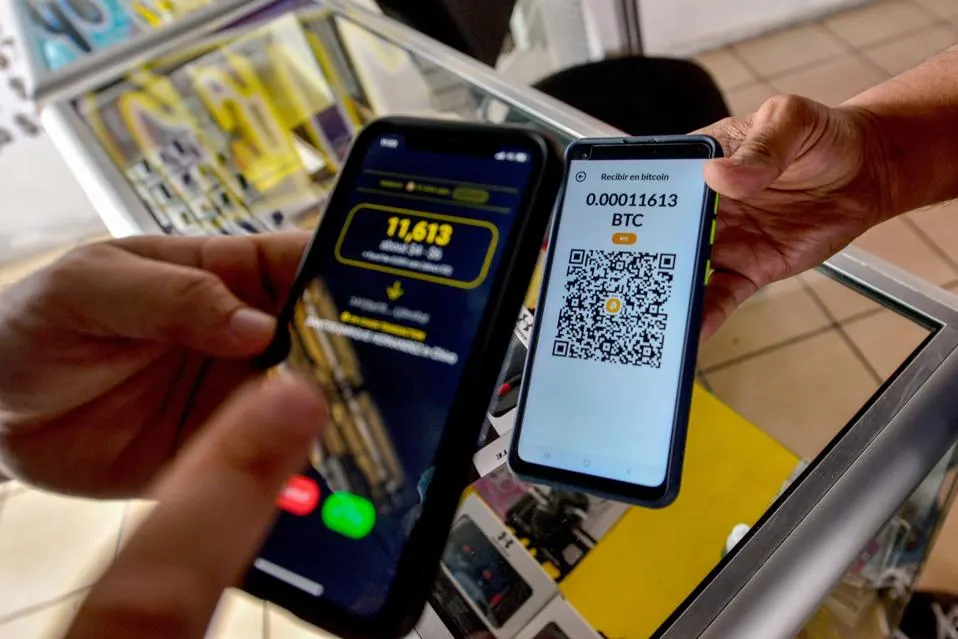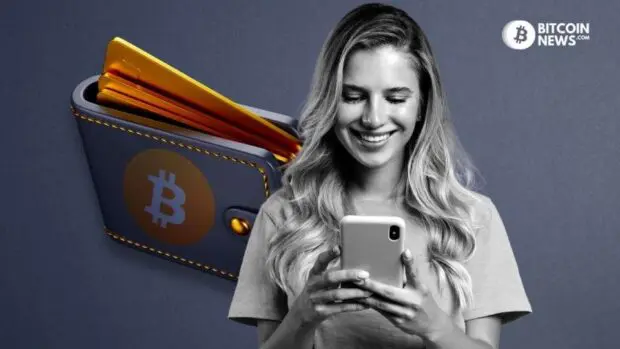Unlike traditional assets, bitcoin can easily be transferred in a peer-to-peer fashion, like the digital version of handing someone a paper dollar. There are two ways of holding bitcoin; custodial and non-custodial.
Related reading : Bitcoin The Digital Bearer Asset: Demystifying Self-Custody and Private Keys
Custodial options are typically easier. However, individuals may be sacrificing privacy and add counterparty risk by trusting entities to properly secure the private keys that allow for the movement of their bitcoin. In short, if Paypal can make it difficult to move your dollars, the same applies when you use that third party service for bitcoin.
In contrast, non-custodial wallets, or self-custody wallets, allow individuals to be responsible for the private keys (passwords) that generate their bitcoin wallets. This option gives holders complete control over their bitcoin without any counterparty risks.
Related reading : Bitcoin, Paypal, And The Weaponisation Of Money
Bitcoin is transferred over one of two networks. The Bitcoin network, known as on chain transactions, are akin to wire transfers. This is well-suited for large transfers or payments that are not time-sensitive. There is also the Lightning Network, a second layer which facilitates instant and cheap payments, though generally with smaller amounts.
Here are a number of different wallet providers that can assist you in beginning your journey into the bitcoin space.

Custodial, All Purpose
There are a number of custodial options where you can quickly get your bitcoin savings started. Cash App, Strike, and River are several options that allow you to easily purchase, hold, and send bitcoin.
All three options support both the Bitcoin network and Lightning Network. They can all be easily linked to your bank account to facilitate purchases, just like a traditional brokerage account.
Cash App even features a direct deposit function where individuals are able to take a proportion of their paychecks in bitcoin. All three options focus solely on bitcoin, which can help to reduce regulatory concerns for discerning savers.
Lightning
Once you have your bitcoin purchased, you may elect to spin up a Lightning wallet to test some of the network’s functionality. Wallet of Satoshi is a popular smart phone app-based wallet that allows individuals to send and receive bitcoin on the lightning network that may be useful for holding small amounts of bitcoin.
Features like the enduring lightning URL function make it easy to embed payment information into applications like Orange Pill App or Nostr to receive “zaps” or bitcoin tips. This feature is useful for content creators or those who want to onboard people quickly if they elect to be paid or tipped in bitcoin.
On Chain
To hold larger amounts of bitcoin, experts recommend wallets where you can hold your own private keys. Mobile apps like BlueWallet can be used to generate a hot wallet, or wallet where the keys reside on your device.
This method is more secure than leaving the bitcoin with a custodian, however hot wallets should not be used for amounts that exceed what you would feel comfortable with holding in a traditional cash wallet. Private keys may become compromised if your phone is ever lost or stolen.
As an additional security measure, keys can also be generated offline or in a hardware device, leveraging Blue as the software interface. Popular bitcoin only options include ColdCard, Foundation Passport, and Blockstream Jade.
Assisted Self-Custody
Unchained allow you to hold your own keys, but in a way that provides some more peace of mind through a dedicated customer service team. Wallets are constructed from three sets of private keys, where the customer holds two, and Unchained holds one. This configuration is known as multi-signature, or multisig.
Multisig is the gold standard for bitcoin security. By using a company like Unchained, one key is geographically distributed by default, adding a layer of security to your configuration.
To move the bitcoin, the transaction must be signed by two of the three keys. The key held by Unchained serves as an emergency backup in the event of the loss of one of your other keys.
The most difficult part of bitcoin may just be getting started. Thankfully there are a plethora of resources to help you begin. The BTC Sessions YouTube channel is a great way to start your educational journey into this method of bitcoin custody. There are dozens of demonstration videos instructing individuals on how to use the different methods of custody mentioned above.










